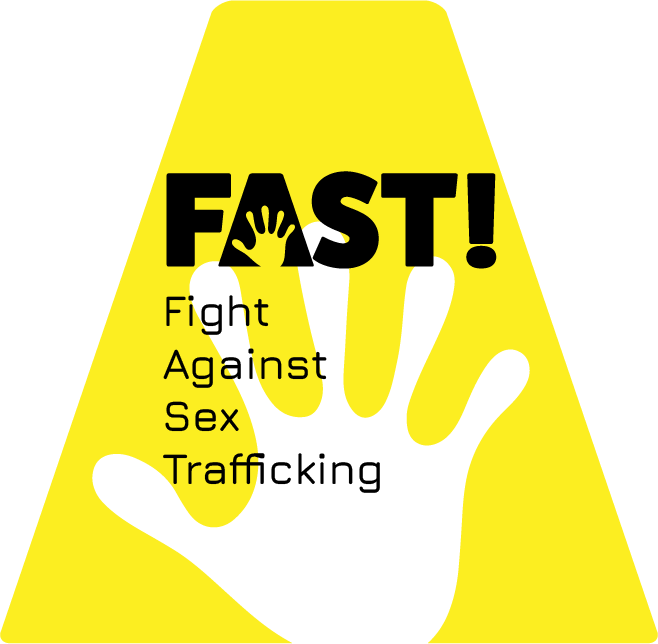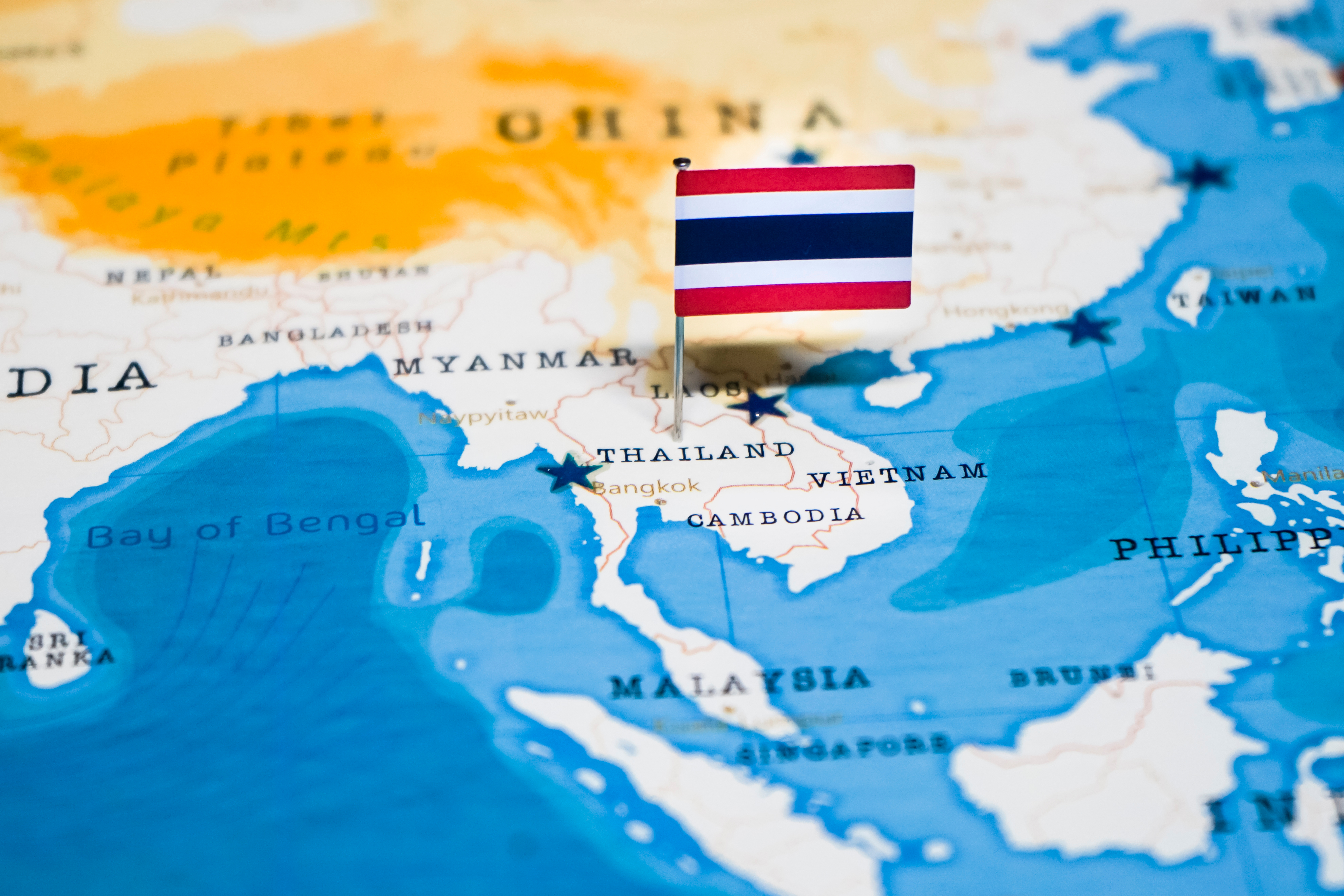UNODC Report Reveals Disturbing Trends in Human Trafficking from Nigeria to the UAE. The United Nations Office on Drugs and Crime (UNODC) recently released a comprehensive report shedding light on the disconcerting prevalence of human trafficking originating from Nigeria. The report paints a troubling picture, indicating that trafficking from Nigeria extends beyond borders, notably reaching the Middle East, predominantly.
A significant focus of the report is the trafficking route from Nigeria to the Middle East, encompassing countries such as the UAE, Saudi Arabia, Bahrain, Oman, Kuwait, Lebanon, and Jordan. Nigerian individuals, predominantly women and girls, are being trafficked via air routes from major Nigerian airports like Kano, Lagos, and Abuja.
The primary purpose of this trafficking is forced labor, especially in domestic work. However, cases of Nigerian women and girls trafficked for sexual exploitation have also increased in the UAE, indicating that this is a significant and disturbing problem.
Deception, coercion and violence are used as means for controlling victims of trafficking for the purposes of sexual exploitation, often in order of severity, starting with deception and coercion and subsequently physical and sexual violence.
UNODC Report Reveals Disturbing Trends in Human Trafficking from Nigeria to the UAE
The report shows that trafficking of Nigerian victims to the countries of the Middle East, particularly UAE, Kuwait, Saudi Arabia, Oman and Jordan, also yields high profits. One woman from Edo State was trafficked to Dubai with a promise of a job in a restaurant. Once in the UAE, the woman was told she had to pay a debt of approximately €3,200 (1.5 million naira).524 In another case, a male victim of forced labor was asked to pay around €2,500 (1.2 million naira) to a travel agent for his journey to Dubai. Another victim paid €425 (200,000 naira) to a travel agent for her trip to Oman where she worked for one year without pay because she was told she had not paid the costs for her travel.
The report also concludes that in terms of modus operandi, recruitment of victims for different forms of trafficking is largely family- and community-based, with recruiters operating within the victims’ localities and states of origin. In some cases, religious, traditional or community leaders are involved in the recruitment of trafficking victims, particularly for sexual exploitation. For forced labor, travel agencies are also involved.
The findings of the UNODC report serve as a wake-up call, demanding immediate and concerted action to protect vulnerable individuals originating from Nigeria, but not only them, but all migrant individuals.



